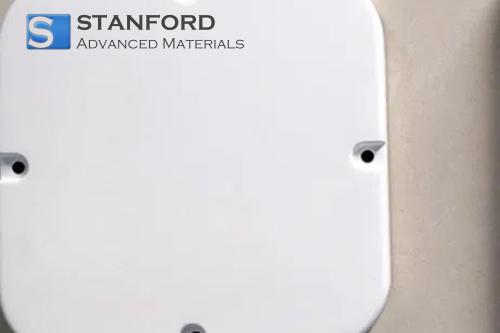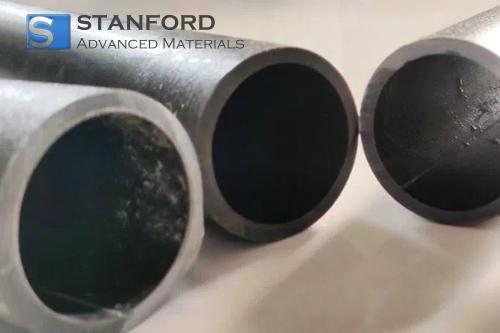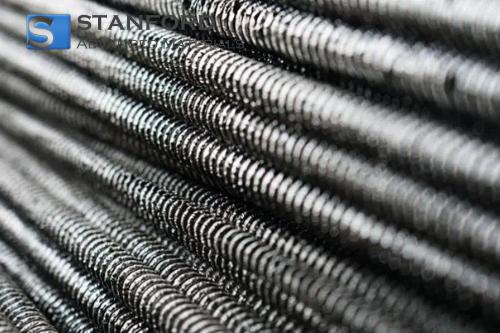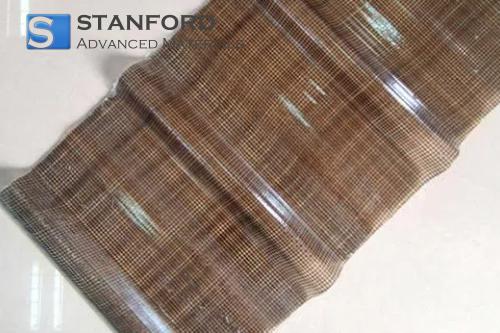Types Of Corrosion-Resistant Bearings For Clean Technologies
Description
Corrosion resistant bearings play a key role in sustainable technology. They withstand aggressive chemicals and varied environmental conditions. Many clean technologies depend on these bearings to maintain operational continuity. Examples include wind turbines, solar tracking systems and water treatment facilities. This article provides an overview of different types of rolling bearings, examines their characteristics and presents examples from practical applications.
Content
Corrosion in bearings is a common issue in industries that handle chemicals, saltwater or urban pollutants. Engineers and technicians have investigated methods that improve bearing performance. Long-term studies and practical experience have resulted in the development of various types of corrosion resistant bearings.
Stainless Steel Bearings
One prevalent type is stainless steel bearings. These bearings are produced using high-quality metals, such as grade 316 stainless steel. Grade 316 is preferred because it contains molybdenum, which increases resistance to chloride corrosion. In coastal areas, stainless steel bearings have performed reliably. Many wind turbine manufacturers use them to ensure the longevity of their installations. Reports indicate that, when properly maintained, stainless steel bearings can operate for up to 20 years.
Ceramic Bearings
Another recognised category is ceramic bearings. Ceramic materials provide marked resistance to corrosion and contribute to low friction. They withstand high temperatures and exposure to aggressive chemicals. Ceramic bearings are employed in applications where even small particles can cause malfunctions. In solar tracking systems, for example, ceramic bearings promote consistent movement. They are also employed in high-speed applications, thereby increasing operating efficiency. In certain cases, ceramic bearings have maintained performance even under continuous chemical cleaning.
Hybrid Bearings
Hybrid bearings combine ceramic and steel components. The cage and race are generally made from steel while the rolling elements are ceramic. This design allows for high load capacity with reduced friction. Hybrid bearings are installed in precision equipment in water treatment plants and chemical processing facilities. One instance involved a municipal water treatment plant that experienced reduced maintenance downtime following the installation of hybrid bearings.
Polymer-based Bearings
A less common yet promising alternative is polymer bearings. These bearings utilise materials such as Polytetrafluoroethylene (PTFE) and other technical polymers. They do not offer the same mechanical strength as metal bearings but feature resistant surfaces. They are self-lubricating and reduce friction and wear. They are suitable for use in highly chemical environments. Polymer-based bearings are generally selected for lower load applications compared with hybrid or metal bearings.
Related Cases
Practical data underline the importance of material selection. In one instance, a solar power station in Nevada replaced conventional steel bearings with hybrid bearings. This change resulted in a reduction in operating temperature and a decreased frequency of maintenance. In another example, the introduction of ceramic bearings in a chemical processing facility in Texas reduced bearing-related downtime. These cases indicate that bearing choice should reflect environmental conditions and load factors.
Conclusion
In conclusion, corrosion resistant bearings are vital for the operation of clean technologies. Stainless steel bearings, ceramic bearings, hybrid bearings and polymer-based bearings all offer specific attributes and are suited to different applications. Choosing a bearing based on verified data and previous case studies can result in a longer service life and reduced maintenance requirements. As technology advances, these bearings will assume an increasingly significant role in sustainable and secure industrial processes.
Frequently Asked Questions
Q: Why are stainless steel bearings well suited for coastal regions?
Q: They are selected because the inclusion of molybdenum increases resistance to chloride corrosion, thereby extending their service life.
Q: What benefits do ceramic bearings offer in high-speed applications?
Q: They provide low friction and maintain performance at high temperatures and in the presence of aggressive chemicals.
Q: Are hybrid bearings used in water treatment plants?
Q: Yes, they are preferred in chemically intensive environments because of their precision and long-term durability.

 Bars
Bars
 Beads & Spheres
Beads & Spheres
 Bolts & Nuts
Bolts & Nuts
 Crucibles
Crucibles
 Discs
Discs
 Fibers & Fabrics
Fibers & Fabrics
 Films
Films
 Flake
Flake
 Foams
Foams
 Foil
Foil
 Granules
Granules
 Honeycombs
Honeycombs
 Ink
Ink
 Laminate
Laminate
 Lumps
Lumps
 Meshes
Meshes
 Metallised Film
Metallised Film
 Plate
Plate
 Powders
Powders
 Rod
Rod
 Sheets
Sheets
 Single Crystals
Single Crystals
 Sputtering Target
Sputtering Target
 Tubes
Tubes
 Washer
Washer
 Wires
Wires
 Converters & Calculators
Converters & Calculators
 Write for Us
Write for Us





 Chin Trento
Chin Trento


